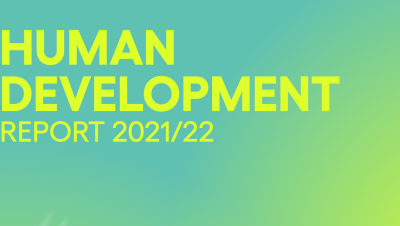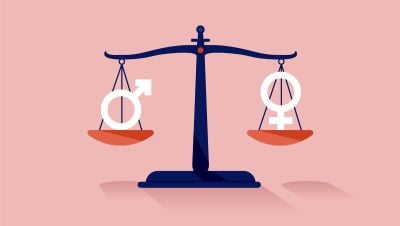Dialogue 1- Two steps back, one step forward. Where are we heading with gender equality?
25 November, 10:00 am
Registration link: https://undp.zoom.us/webinar/register/WN_T_csWEtxTcCnx6EvqoF_Cg
In the last decades, there have been important gains towards gender equality, but progress is slowing down and not happening at the speed and scale needed. Gender gaps have been closing for the past in areas like education and health. But as the 2019 Human Development Report also shows, in dimensions of greater empowerment the pushback against women’s rights is also becoming stronger, putting hard-won gains at risk.
The COVID-19 Pandemic is acting like an X-ray in this regard: the recently-launched COVID-19 Global Gender Response Tracker from UNDP and UN Women revealed that most of the world’s nations are not doing enough to protect women and girls from the economic and social fallout from the pandemic. Only 20 percent of countries have any gender-sensitive measures in response to COVID-19.
In this dialogue, experts will review what it really takes to unlock a future of gender equality.
Speakers:
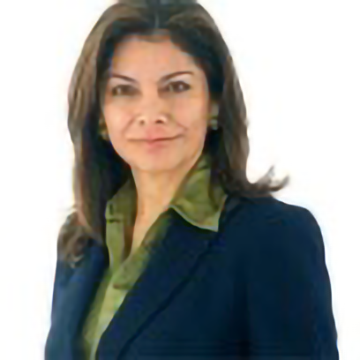 |
Laura Chinchilla Miranda, is the President of Costa Rica (2010-2014) and Vice President of the World Leadership Alliance - Club de Madrid, Spain. She was the first woman to be elected to the Costa Rican presidency. One of her most outstanding achievements in the exercise of the Presidency of the Republic was the steady decline in major crime rates in Costa Rica, including homicide and femicide. She previously served as vice president and minister of justice. |
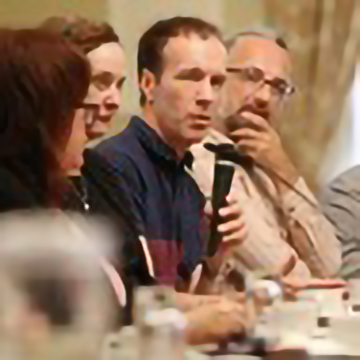 |
Michael Flood, is an internationally recognized researcher on men, masculinities, gender equality, and violence prevention. He is the author of Engaging Men and Boys in Violence Prevention (2018) and the lead editor of Engaging Men in Building Gender Equality (2015) and The International Encyclopedia of Men and Masculinities (2007). |
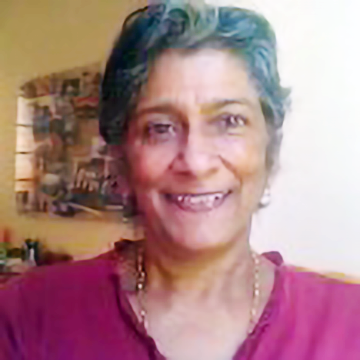 |
Kalyani Menon-Sen is a feminist researcher and activist who has been working for over twenty-five years on issues of women's rights, particularly the impacts of neoliberal economic policies on women. She has contributed to critiques of economic policies and policy-making processes, and has been active in initiatives to build economic literacy for women workers and women farmers. She has written and campaigned on issues of violence against women, particularly state violence and its linkage with economic policies; and researched and written on issues of safety, dignity and rights of women in the workplace. |
Moderator: Journalist Ms. Femi Oke will moderate the panel.

